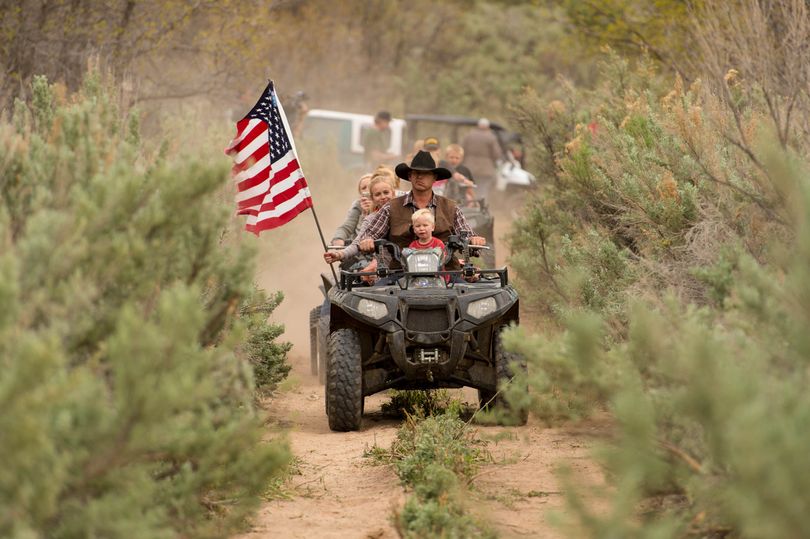Congress takes quick shot at transferring federal public lands to local interests

PUBLIC LANDS — The 115th Congress got off to an eye-opening start on Tuesday, looking to reduce outside ethics oversight and then voting in favor of facilitating transfers of some federal public lands and waters to state, local and private interests.
The vote, largely along party lines as part of a rules package, showed support for recalculating the costs of public lands transfers and easing current restrictions for shifting their oversight to individual states or private interests.
Backcountry Hunters & Anglers is one group criticizing the measure, introduced by Rep. Rob Bishop of Utah, and strongly criticized House members who voted in support of it.
The provision would designate any transfer legislation “budget neutral,” eliminating existing safeguards against undervaluing public lands, disregarding any revenue or economic benefits currently generated and paving the way for quick and discreet giveaways of valuable lands and waters – including national forests, wildlife refuges and BLM lands – historically owned by the American people.
Here's more from BHA, a group that supports maintaining federal public lands for their conservation and public access values.
“As the 115th Congress enters its first week, some of our elected officials are wasting no time in paving the way to steal our outdoor heritage,” said BHA President and CEO Land Tawney. “Buried in a litany of other measures is language inserted by Congressman Bishop that would make it easier to give away America’s public lands. For sportsmen, this provision sticks out like a sore thumb. If it’s a fight they want, they’ve got one coming – and I’m betting on public lands hunters and anglers.”
Currently the Congressional Budget Office provides estimates of the costs of proposed public lands transfers by evaluating the economic impacts of existing uses such as energy development and logging. Multiple studies show that individual states are ill-equipped to shoulder the costs of managing lands currently owned by the public and, if they took ownership of these lands, would ultimately be forced to sell them to private interests.
